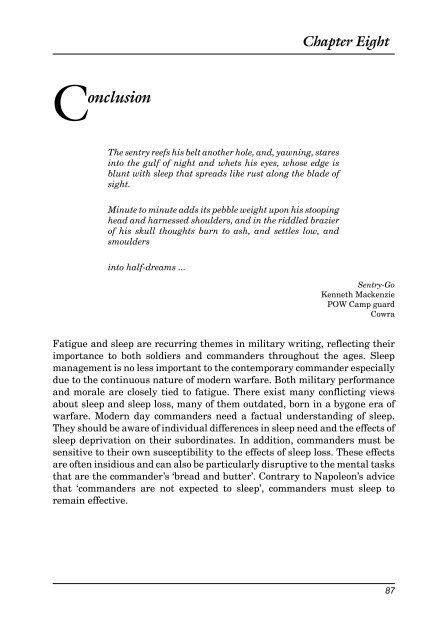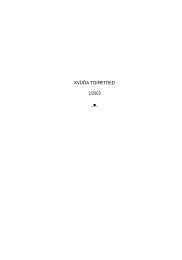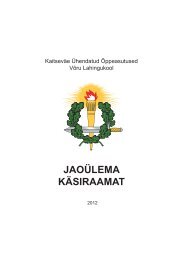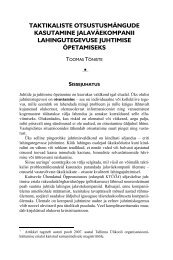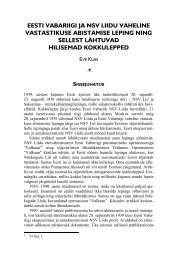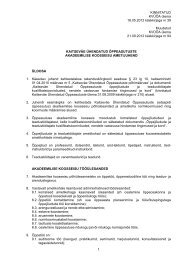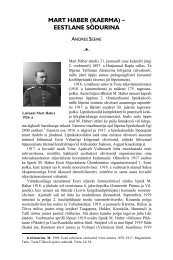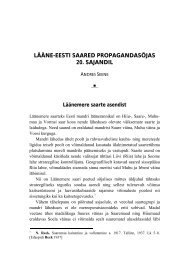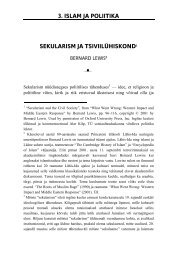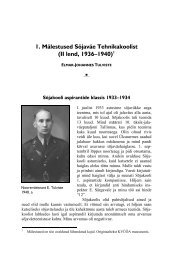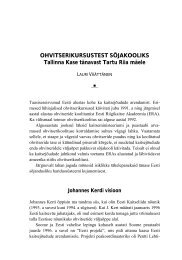Fatigue Management
Fatigue Management
Fatigue Management
You also want an ePaper? Increase the reach of your titles
YUMPU automatically turns print PDFs into web optimized ePapers that Google loves.
Chapter Eight<br />
C onclusion<br />
The sentry reefs his belt another hole, and, yawning, stares<br />
into the gulf of night and whets his eyes, whose edge is<br />
blunt with sleep that spreads like rust along the blade of<br />
sight.<br />
Minute to minute adds its pebble weight upon his stooping<br />
head and harnessed shoulders, and in the riddled brazier<br />
of his skull thoughts burn to ash, and settles low, and<br />
smoulders<br />
into half-dreams ...<br />
Sentry-Go<br />
Kenneth Mackenzie<br />
POW Camp guard<br />
Cowra<br />
<strong>Fatigue</strong> and sleep are recurring themes in military writing, reflecting their<br />
importance to both soldiers and commanders throughout the ages. Sleep<br />
management is no less important to the contemporary commander especially<br />
due to the continuous nature of modern warfare. Both military performance<br />
and morale are closely tied to fatigue. There exist many conflicting views<br />
about sleep and sleep loss, many of them outdated, born in a bygone era of<br />
warfare. Modern day commanders need a factual understanding of sleep.<br />
They should be aware of individual differences in sleep need and the effects of<br />
sleep deprivation on their subordinates. In addition, commanders must be<br />
sensitive to their own susceptibility to the effects of sleep loss. These effects<br />
are often insidious and can also be particularly disruptive to the mental tasks<br />
that are the commander's ‘bread and butter’. Contrary to Napoleon's advice<br />
that ‘commanders are not expected to sleep’, commanders must sleep to<br />
remain effective.<br />
87


